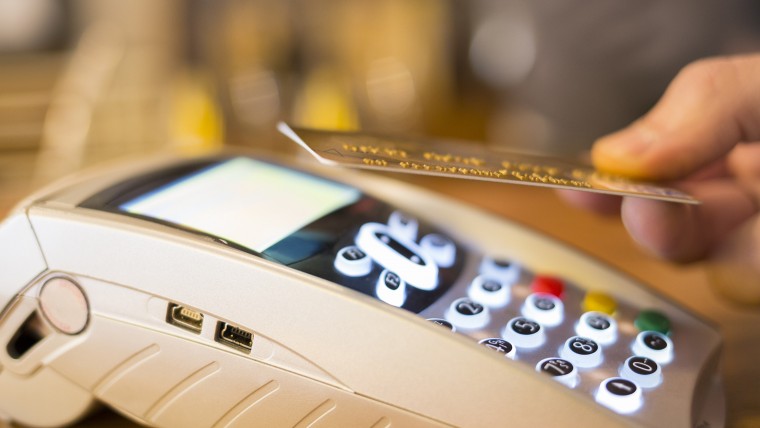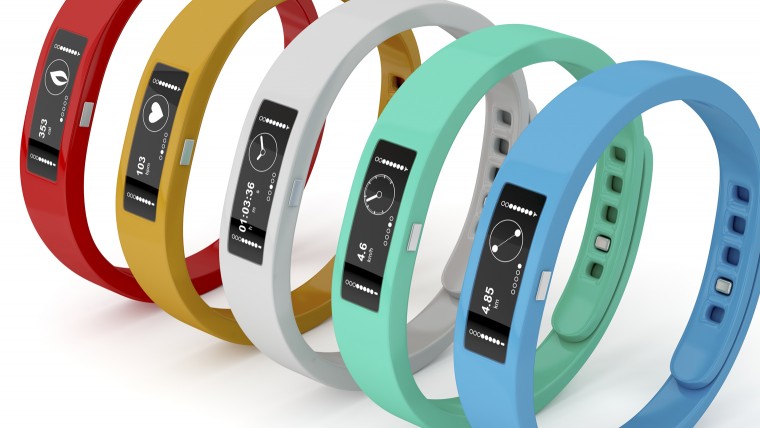The evolution of phones has been so fast that other industries can’t keep up. In fact, in a way, they are the victims of their own success. The ubiquity of mobile phones, the fact that they control so much, means we need other technologies to catch up for them to work to their full potential.
“The smartphone, which has put a personal computer in everyone’s pocket, is now the most widely used consumer electronic product on the planet,” says Rafe Blandford, mobile strategist at DigitasLBi.
“However, the reality is the full impact of this has yet to be felt because its rapid rise has outpaced both the development and product life cycles of the many industries on which it impinges.”
Health systems, retail, transport infrastructure, home comforts, all will be under mobile’s spell
Mobile’s rapid deployment, checked as it is, is happening at a ferocious pace. By 2020, then, the world will be a very fluid place. Health systems, retail, transport infrastructure, home comforts, all will be under mobile’s spell.
“By 2020 5G spectrum will be available, meaning that mobile data will be comparable to what we get through superfast broadband today,” says James Hilton, global chief executive of M&C Saatchi Mobile.
“This will lead to further changes in business and leisure, as the immediacy of mobile will be supercharged, giving consumers access to experiences that have been previously confined to the home.”
RETAIL

But what does that mean in practical terms, what will we be able to do then that we can’t do here and now? Payments and retail are markets ripe for change, and both are on the front line of the digital battleground.
NFC-enabled (near-field communication) smartphone owners can pay for things by touching their handset to a payment module. Meanwhile, websites and apps allow digital payments that are optimised for mobile. But this is really only the start.
According to Anton Schubert, head of design at digital agency Futurice: “Mobile itself will be a key tool in the buying process and one that’s able to collect buying histories, as well as data connecting retailers and shoppers in a more meaningful way.
“Twenty-four-hour high street shopping is a future reality. In 2013, adidas demoed an interactive window shopper concept in Nuremberg, Germany, that allowed customers to use their mobiles to buy items from a virtual window display after store hours were over.”
In logistics, also related to retail, mobile is influencing the visibility of precious cargoes travelling from origin to destination. Mobile logistics management applications allow service providers to drill down shorter delivery windows, giving recipients of goods more flexibility.
Lewis Marston, chief executive of logistics outfit Rocket Consulting, says getting information in real time on a mobile device can provide “a customer service team with real-time delivery and returns information”. He adds: “This enables them to make proactive decisions and potentially pre-empt an issue before it becomes a full-blown problem.”
HEALTHCARE

But healthcare is the sector that excites technologists most about the future of mobile. Health services are being transformed by technology, from fitness and the prevention of illness, to diagnosis, treatment and recovery.
“The last five years have seen more changes in healthcare than the last 20 and mobile has had a large part to play in this shift,” says Jeroen Tas, chief executive of informatics solutions and services at Philips Healthcare.
One way this is happening, and will continue in the next five years, is by bringing datasets together in a way that doctors can access and interpret easily. The other is mobile’s unique ability to change behaviour and encourage people to engage more with GPs.
Mr Tas says: “We’ve already made some headway with the likes of Fitbit and fitness-tracking apps by tapping into the competitive spirit and motivating people to take a healthier path. As more companies get involved in healthcare, we will see more creativity in helping improve patient behaviour.”
Another game-changer to be rolled out in the next five years is technology that facilitates care in the home, particularly in remote areas or in developing countries where quick access to specialist medical attention is impossible.
“Clinicians will soon be able to travel with little more than a probe and an iPad and share images via the internet or a mobile phone connection to a doctor that may be hundreds or thousands of miles away,” he says.
RETAIL

HEALTHCARE

